Founder's Legacy
The Legacy of Bashir — From Tyre’s Cedars, From France's and Italy's nobility and Science, to GAFARI’s Refinement
Bashir / Evangelo — The Bearer of Good News
Bashir’s name is deeply rooted in the Semitic tradition. In Aramaic (ܒܫܝܪܐ) and Arabic (بشير), it means “the bearer of good news, the bringer of glad tidings.” The Greeks translated this into Εὐάγγελος (Evangelo), meaning the evangelist, a bridge between languages and civilizations
This dual identity — Semitic and Hellenic, Bashir and Evangelo — mirrors the legacy of Tyre itself: a city at the crossroads of cultures, a bridge across seas, a bearer of news, knowledge, and legacy, connecting continents and cultures just as GAFARI aims to do.
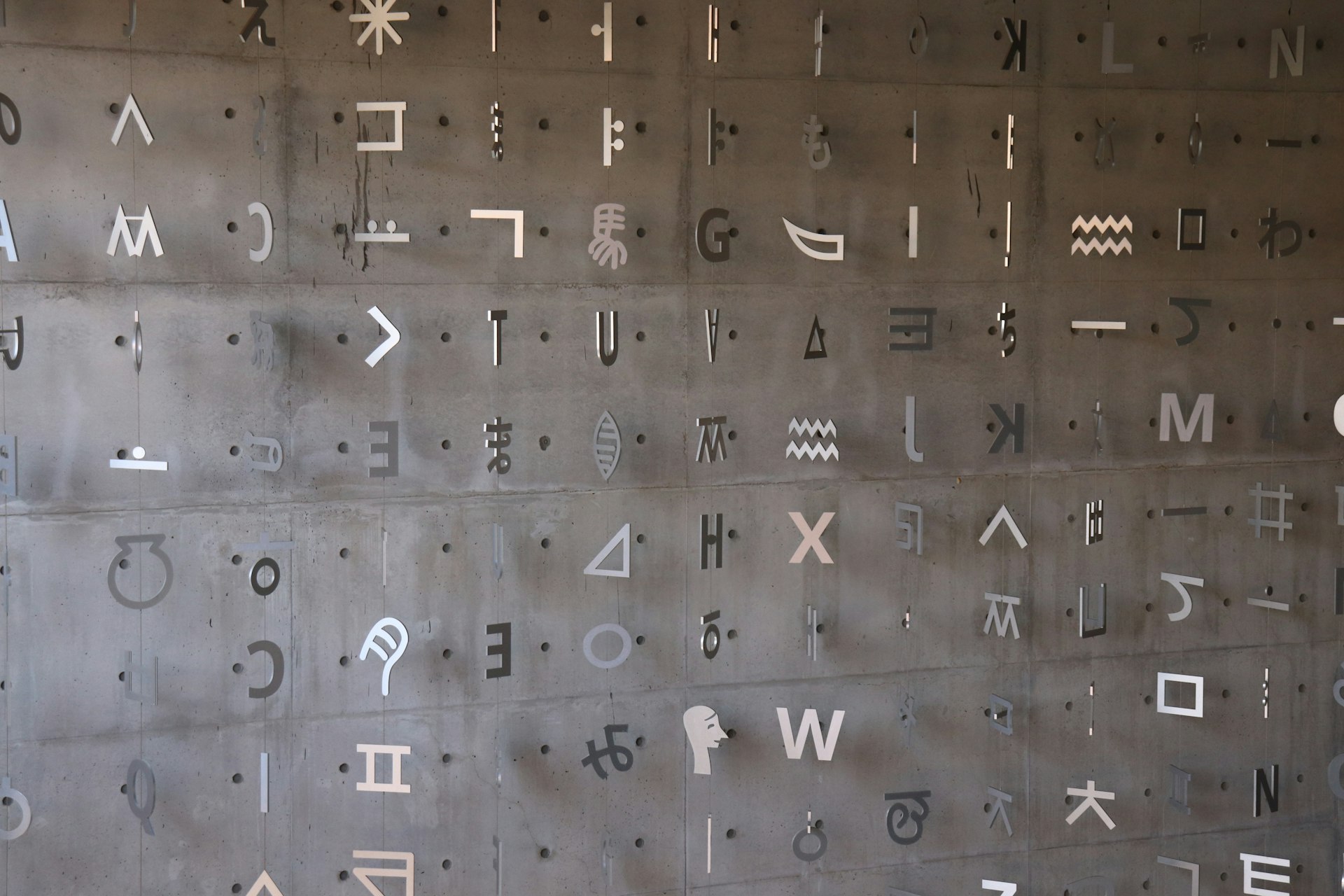
Tyre — Cradle of Civilization and Legacy
Bashir’s roots trace back to Tyre, the jewel of the Phoenician coast, the illustrious Phoenician city whose cedar forests were legendary throughout the ancient world. These cedars were prized by civilizations with scant local timber—most notably Egypt—which relied on Phoenician cedar for shipbuilding, monumental architecture, and craftwork. These magnificent trees even accompanied Pharaohs into the afterlife, as evidenced by the cedar boats buried beside the Great Pyramids.
From this port city, over three millennia ago, the Phoenicians — master sailors and merchants — launched fleets that reached as far as Spain, North Africa, Carthage, Cyprus, and beyond the Pillars of Hercules. They conquered not by sword, but by commerce, culture, and innovation, carrying alphabets, goods, and stories that shaped civilizations.
It was from Tyre that King
Hiram I and Prince of Lebanon sent cedar wood, craftsmen, and master builders to help build
palaces for King David and aid King Solomon in constructing the
Temple of Jerusalem. Tyrian artisans were famed for their mastery of stone,
metal, and wood — a legacy of sacred craftsmanship and divine refinement became
immortalized in both sacred and secular architecture.
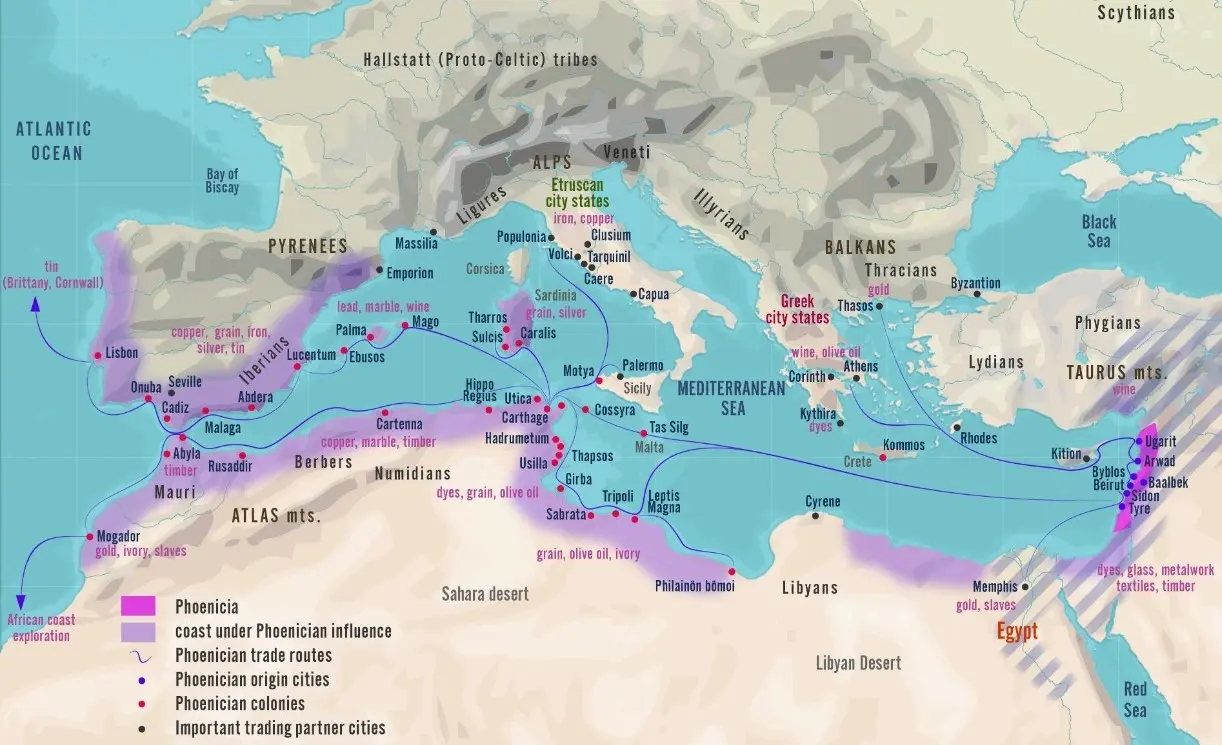
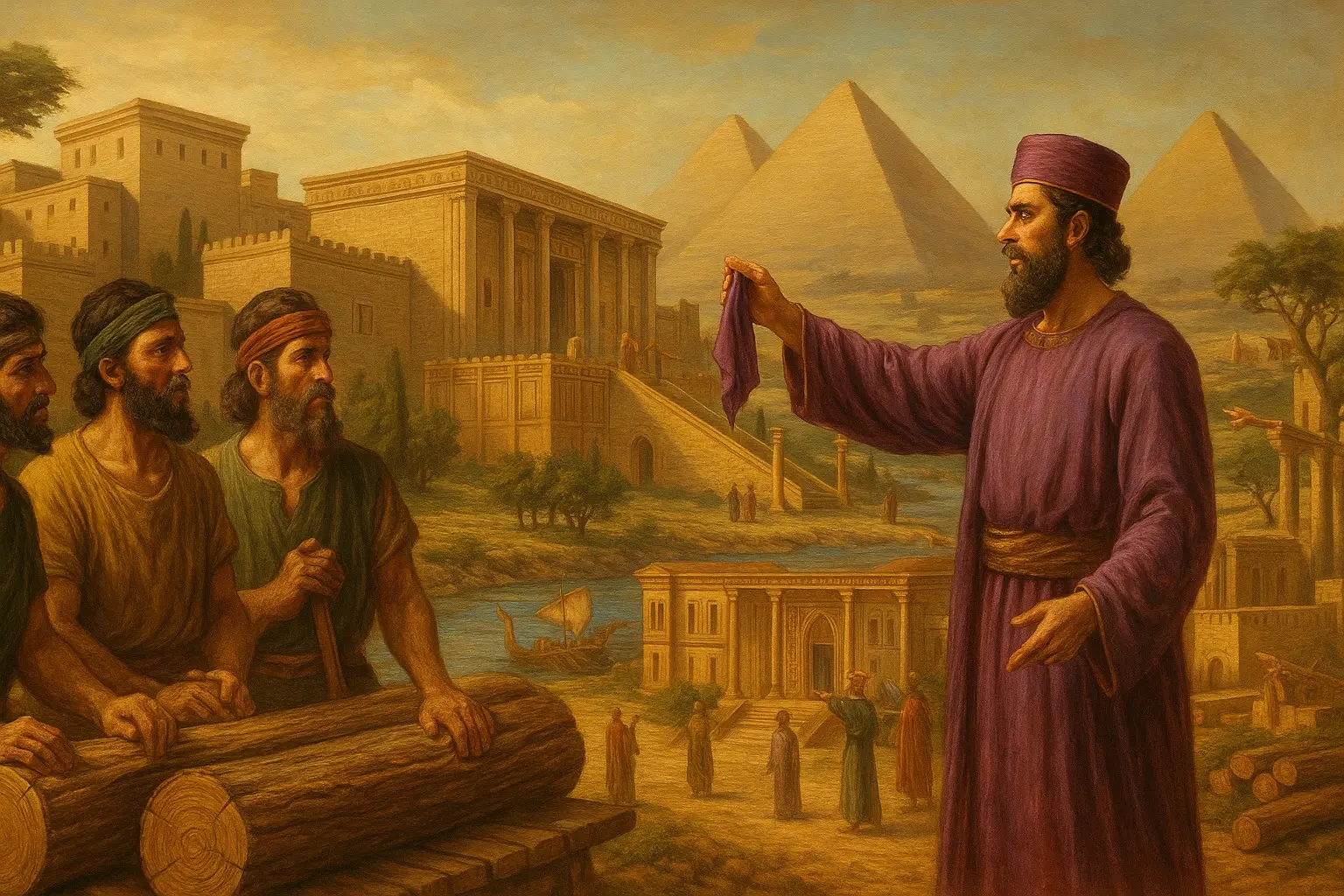
The Phoenicians — Fathers of Commerce and Civilization
The Phoenicians charted an era of connectivity and pioneered global commerce.
They founded colonies across the Mediterranean — Carthage in North Africa, Gadir (modern Cádiz) in Spain, and ports in Malta, Sicily, Sardinia, Cyprus and Strait of Gibraltar. Distinguished by commerce and cultural exchange, their merchant fleets traded in silver, gold, glassware, and the legendary Tyrian purple dye — a color extracted painstakingly from the murex shellfish, drop by drop.
This dye was so rare and costly that by the time of the Roman Empire it became a symbol reserved only for emperors, kings, and high priests. To wear purple was to embody power, wealth, and divinity.
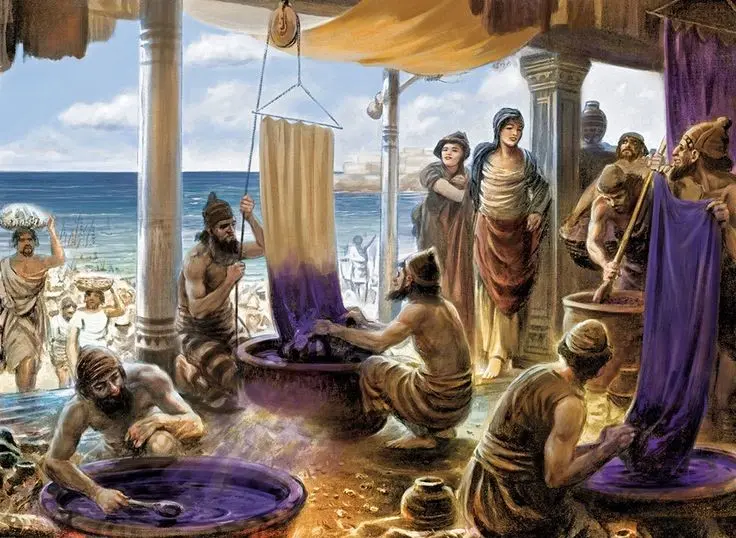
The Phoenician Alphabet — A Legacy Written in Letters
Perhaps the Phoenicians’ most enduring legacy is their alphabet — one of the earliest phonetic writing systems.
It was the Phoenicians who gave the world its first alphabet, a gift that became the foundation of Greek, Latin, Hebrew, Arabic, and countless other scripts to emerge.
Unlike the complex hieroglyphs or cuneiform scripts of the day, this abjad simplified literacy, enabling merchants to record business transactions as they travelled — architecting the linguistic backbone of Western civilization. In this sense, every word written today carries a trace of Phoenicia.
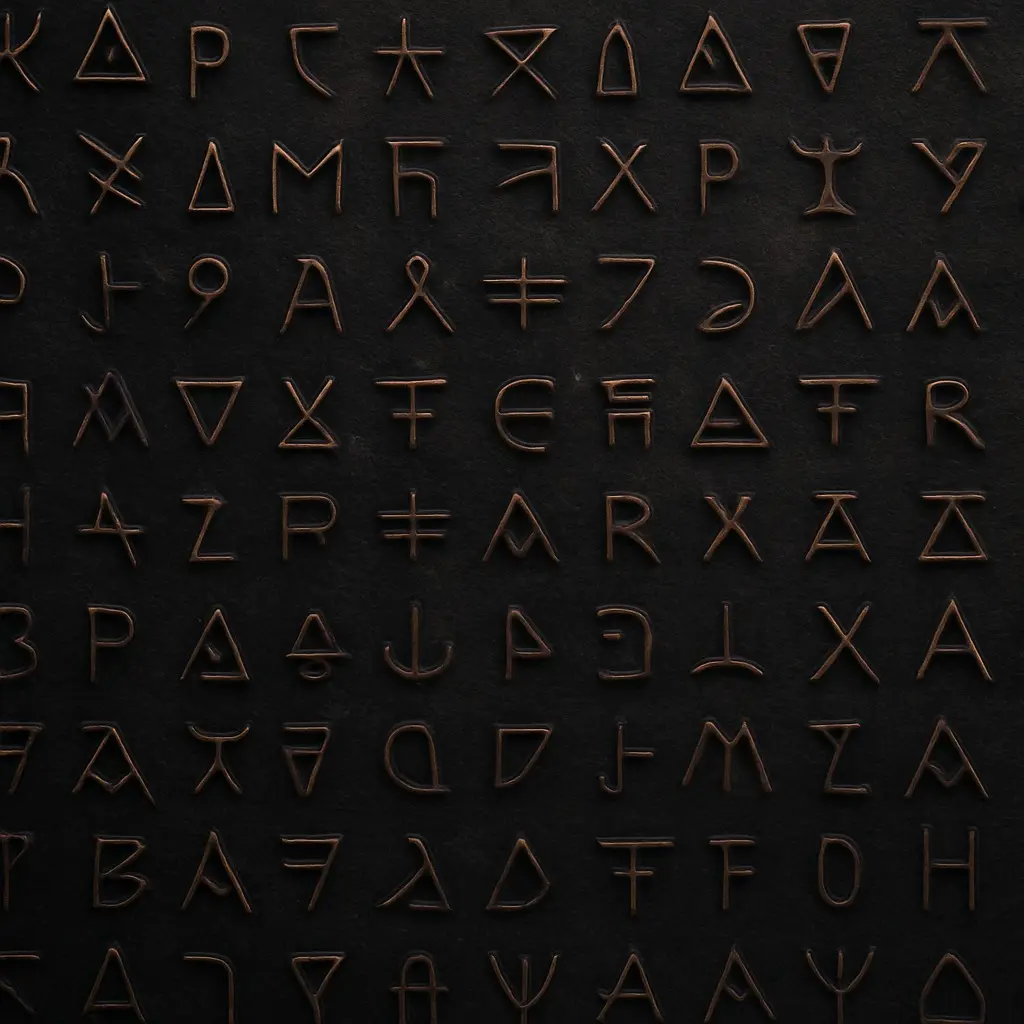
Europa — The Name from Tyre that Defined a Continent
From Phoenician Tyre also comes one of mythology’s most enduring tales: Europa, daughter of a Phoenician king, carried across the sea by Zeus in the form of a bull.
Her name was immortalized in the very continent we call today, Europe.
This myth reflects how Phoenician culture bridged East and West, Semitic and Hellenic, Orient and Occident.
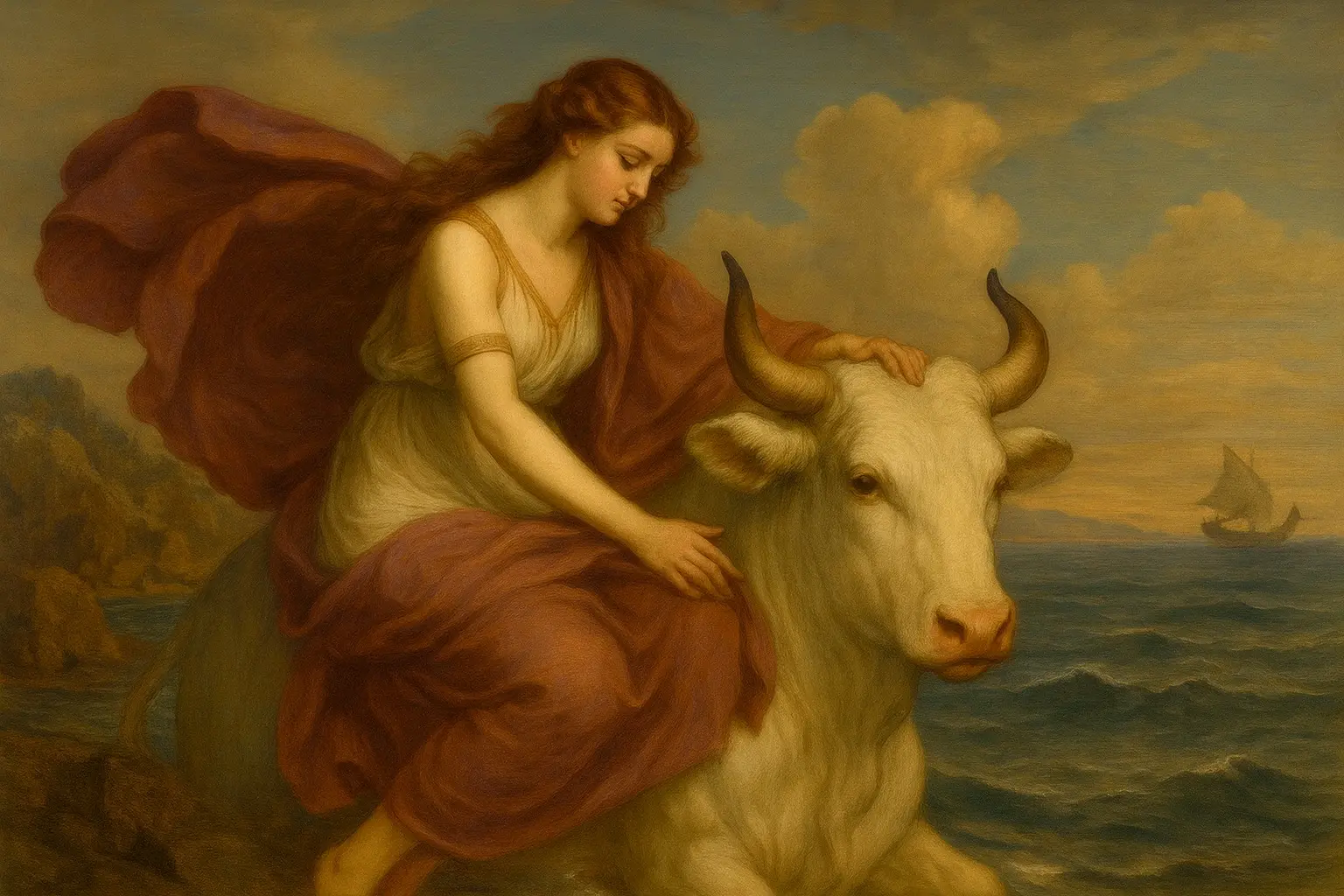
Maternal Legacy — The Bresse Line
Thérèse Philippe Bresse — A Voice of Conscience (Alexandria 1919)
In Alexandria, on 21 January 1919, my great grand mother Thérèse Philippe Bresse rose before clergy, diplomats, and ambassadors to deliver words that would echo across time. Bearing witness to the Syrian famine and the Armenian genocide, she described the starvation, the exile, and the massacres not as abstractions, but as human suffering etched into faces she had seen.
Her appeal, later published as The Syrian Famine and the Armenian Atrocities, was not political. It was a plea: to remember, to act, to protect the dignity of the powerless. From her voice came a moral legacy — that refinement is not only the art of craft and culture, but also of conscience and responsibility.
This inheritance forms part of GAFARI’s foundation. If Phoenician Tyre gave the world ships, trade, and alphabets, the maternal line gave a voice for justice, reminding us that true distinction is inseparable from responsibility.
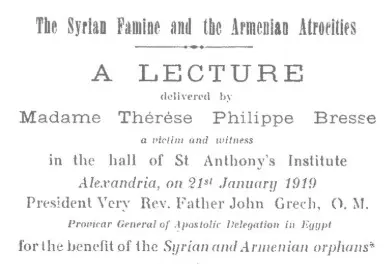
Maternal Legacy — The Bresse Line
Bresse — French Nobility, Science, and Terroir
It was in the ancient duchy of Saxony, a land with a long and glorious history, that the noble surname Bresse first appeared. By the end of the 10th century, the Saxons governed one of the most powerful duchies in Germany.
In France, the surname Bresse was first found in the former Duchy of Normandy, where the family first originated, maintaining their status as one of the more distinguished families of the region. The family later received its title of nobility in 1666.
Among the 72 names engraved on the Eiffel Tower, you will find BRESSE: Jacques Antoine Charles Bresse, the 19th-century civil and hydraulic engineer. In the family story it is both symbol and compass.
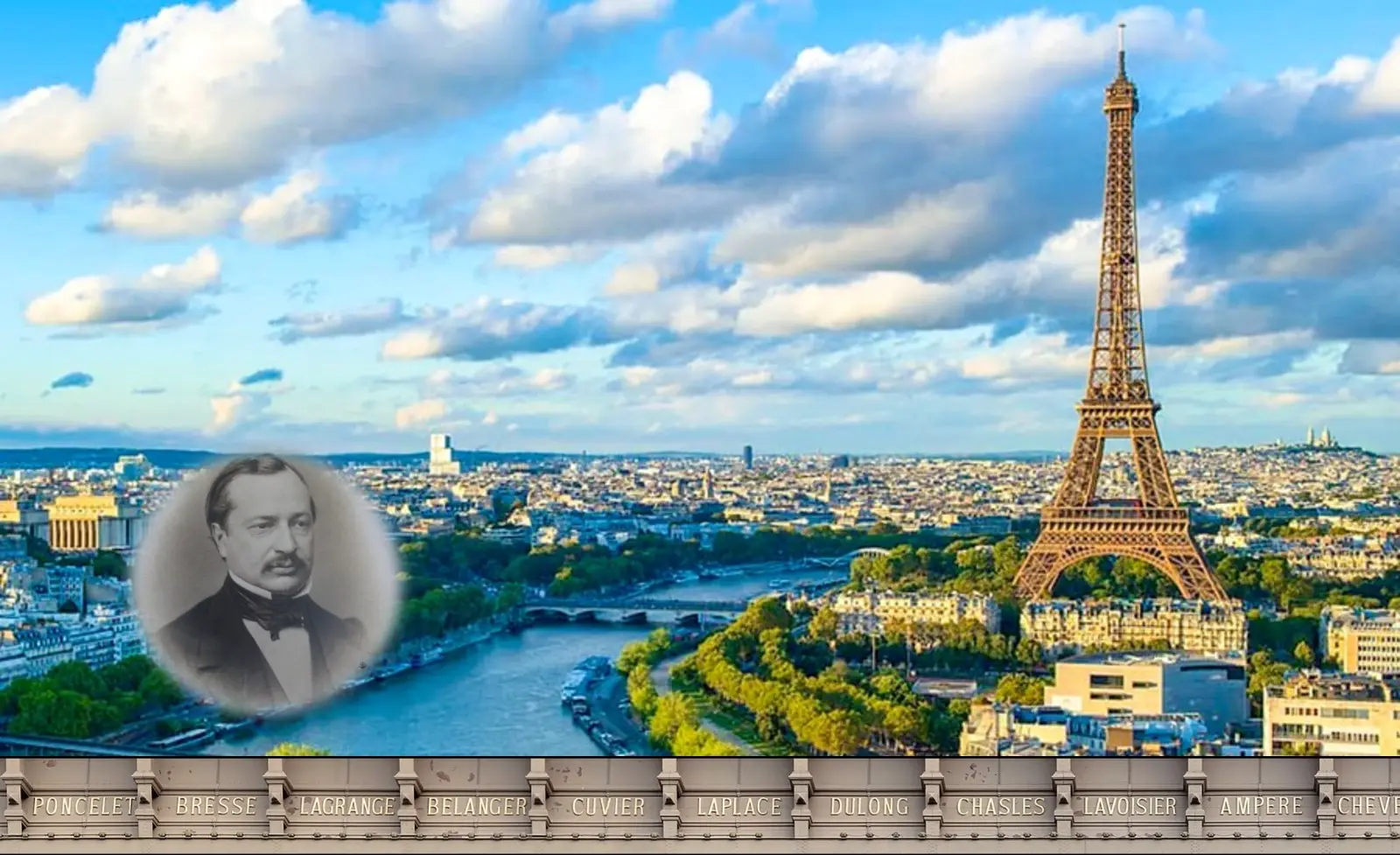
From Heritage to GAFARI
From this lineage, The House of GAFARI emerges.
- Like the Phoenicians, it acts as a bridge of commerce, not a manufacturer.
- Like Tyrian Cedar, or the “Cedar of God”, GAFARI unites master craftsmen and artisans with visionaries, creating quality that transcends material and shaping legacies that endure.
- Like the purple dye, its curations embody rarity, refinement, and distinction reserved for those who understand legacy.
For Bashir, also known as Evangelo, GAFARI is his Phoenician inheritance reimagined: a house not of stone, but of refinement —this is more than a business; it is a continuation of heritage.
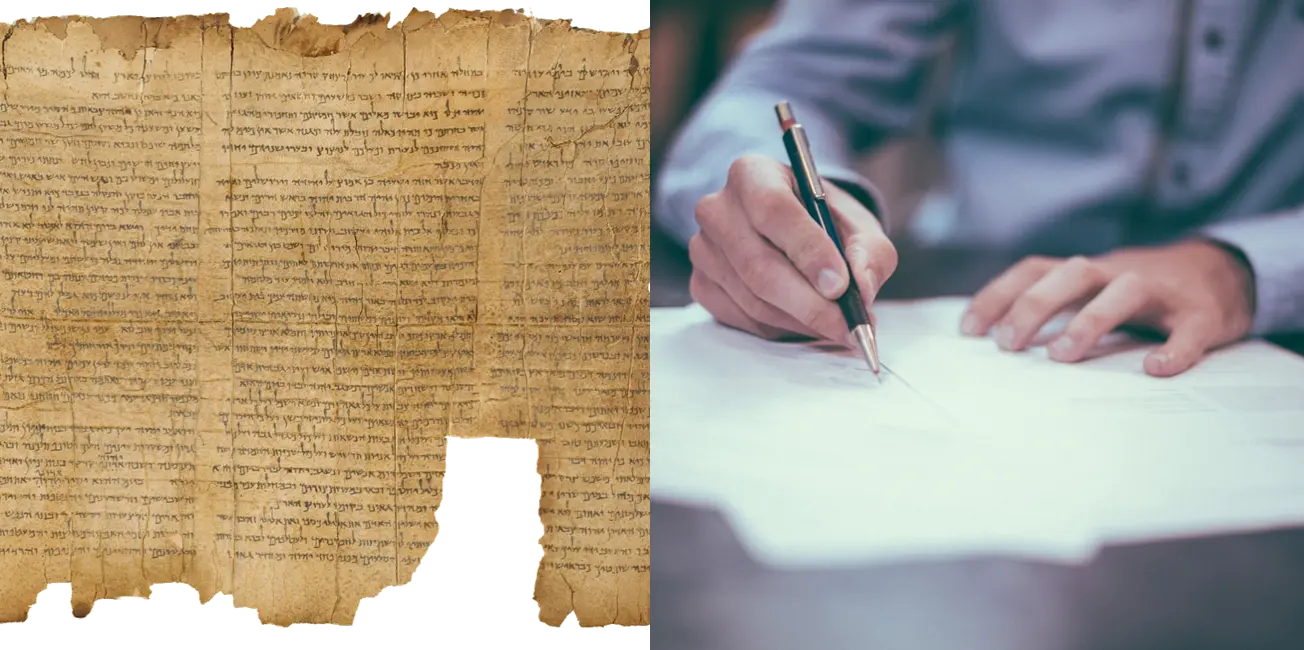
Legacy Statement
From Tyre, city of kings and temple builders, to the courts of Europe where purple defined power, my heritage is Semitic and eternal. I am Bashir — Evangelo — the bearer of good news. Through GAFARI, I carry this legacy forward: bridging cultures, honouring heritage, and shaping a house of refinement that endures across generations.